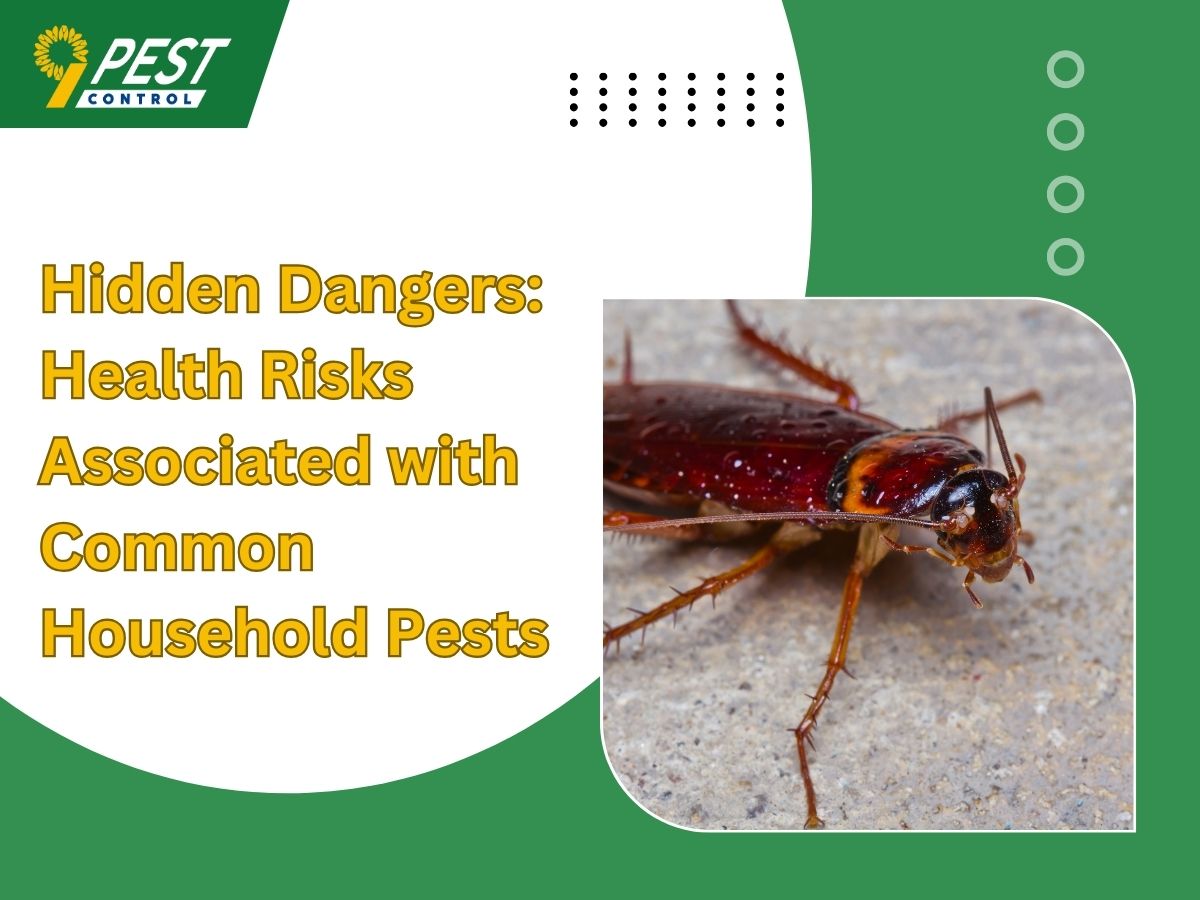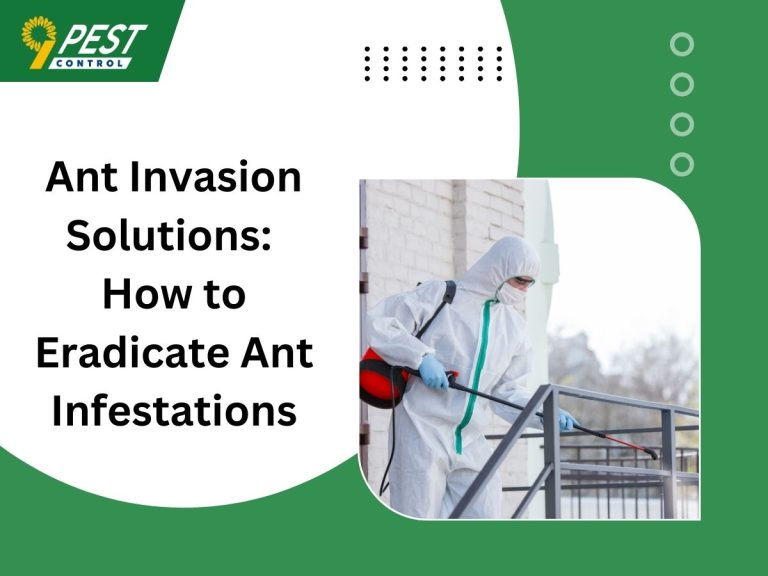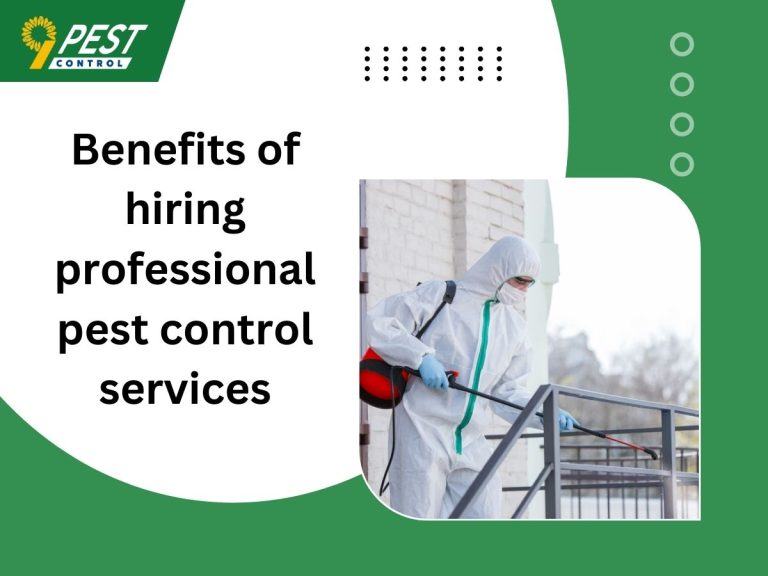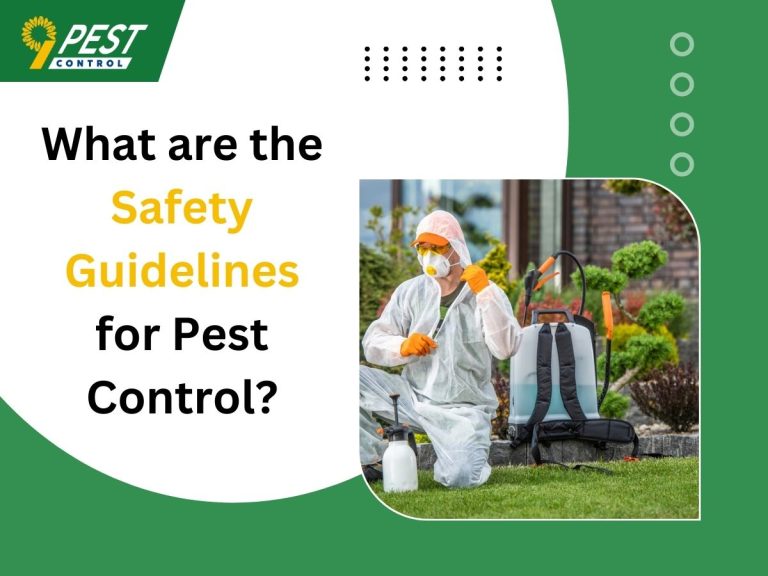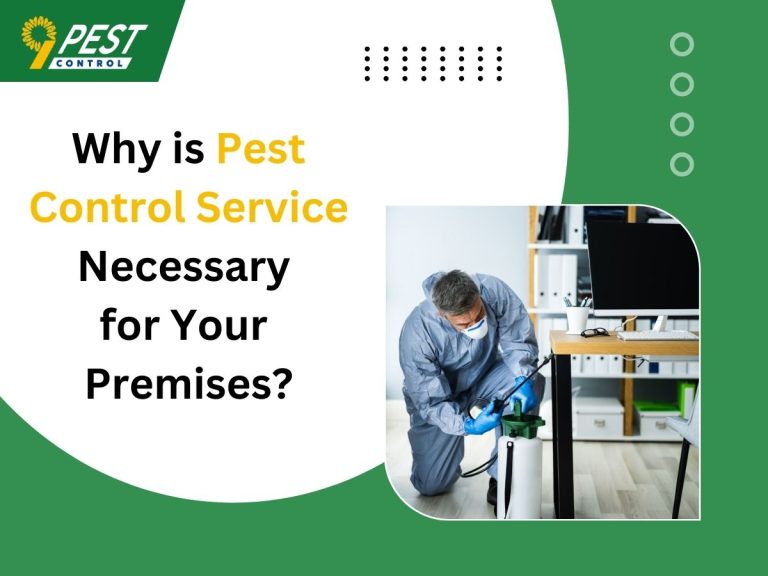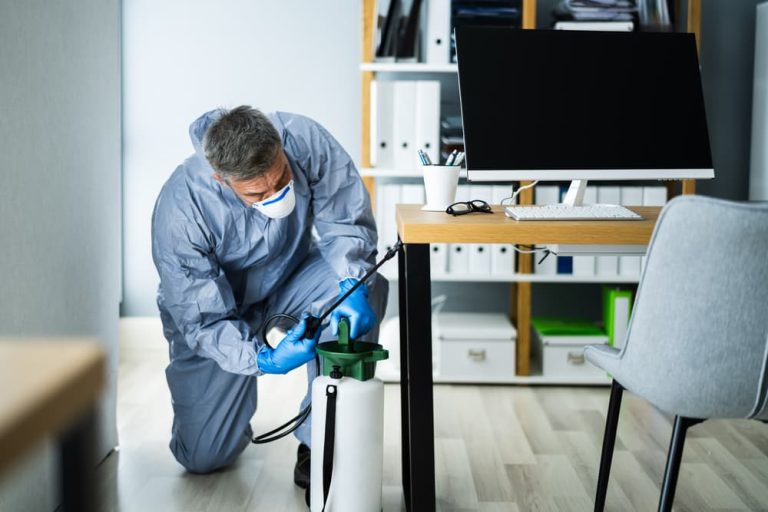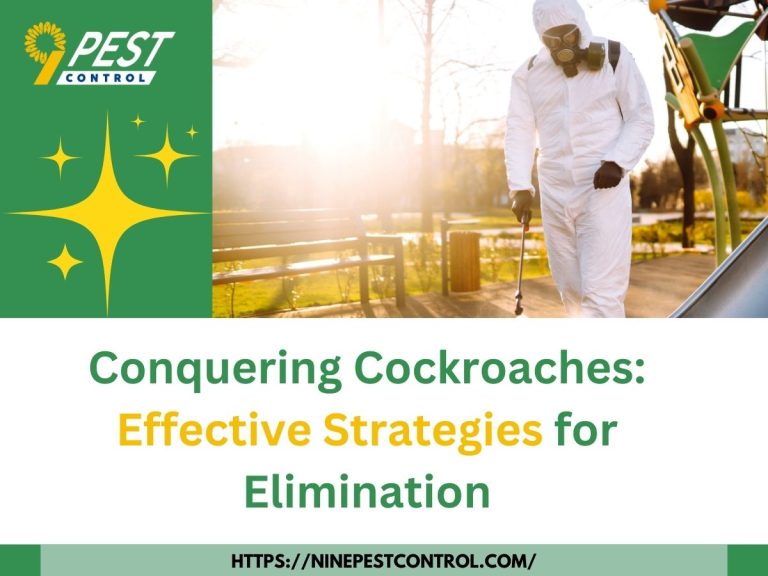Hidden Dangers: Health Risks Associated with Common Household Pests
Household Pests might seem small and harmless, but they carry major health risks. From spreading diseases to triggering allergies, pests can seriously affect human health. They can contaminate food, transmit infectious diseases, and even damage the structure of our homes.
For example, rodents can spread harmful bacteria, while insects like mosquitoes and ticks carry deadly diseases. Cockroaches and dust mites are known to trigger asthma and allergic reactions. Understanding how pests impact our daily lives is crucial, and taking proactive steps to maintain a pest-free environment is essential for safeguarding your family’s health.
How Pests Spread Diseases to Humans: What You Need to Know?
Many household pests carry infectious diseases that can harm your family. Pests like mosquitoes, ticks, and fleas spread these vector-borne diseases. Mosquitoes, for instance, can transmit serious illnesses like malaria and West Nile virus. Ticks carry Lyme disease, which can cause long-term health issues. Fleas can pass on the plague and typhus.
These pests bite humans or pets, allowing the harmful bacteria they carry to enter the body. If left untreated, these diseases can become life-threatening. Understanding these potential risks will help you take proper precautions.
Common pests that spread deadly diseases:
- Mosquitoes: West Nile virus, malaria, Zika virus
- Ticks: Lyme disease, Rocky Mountain spotted fever
- Fleas: Plague, murine typhus
Allergies and Asthma: The Hidden Triggers from Pests
Pests can worsen allergies and asthma symptoms. Cockroaches and dust mites are common pests that trigger allergic reactions in children and adults. Their droppings and body parts release allergens into the air, which can cause sneezing, coughing, and even difficulty breathing. These allergens also act as asthma triggers, making it harder for people with asthma to breathe.
People with respiratory issues should be especially cautious about cockroach infestations. Studies have shown that cockroach allergens are linked to severe asthma attacks.
Signs of pests causing asthma and allergies:
- Frequent sneezing and itchy eyes
- Coughing or difficulty breathing indoors
- Finding cockroach droppings or shed skin
Food Contamination: How Pests Spread Harmful Bacteria to Your Meals
Household pests love to invade our homes in search of food. Unfortunately, while they crawl across our food and kitchen surfaces, they spread harmful bacteria that can lead to food poisoning. Rodents, flies, and cockroaches are some of the worst offenders. These pests leave behind germs like Salmonella and E. coli, which can make you and your family very sick.
Food contamination happens when pests carry bacteria from dirty places, such as trash or sewers, onto your food. This can result in stomach cramps, diarrhea, or worse. Proper hygiene and cleanliness can help prevent such issues, but professional pest control services are essential when dealing with infestations.
Common food pests and the bacteria they carry:
- Rodents: Salmonella, Leptospirosis
- Flies: E. coli, Staphylococcus
- Cockroaches: Salmonella, Listeria
Structural Damage from Pests: Why It’s More than Just a Nuisance
Pests don’t only spread diseases; they also cause damage to your home. Termites, ants, and rodents can destroy wood, walls, and insulation, leading to costly repairs. Termites feed on wood, weakening your home’s structure over time. Rodents chew through wires, which can even lead to electrical fires.
Structural damage can compromise the safety of your home and make it easier for pests to invade again. Keeping pests at bay is not just about cleanliness; it’s also about protecting your investment in your property.
Types of pests that cause structural damage:
- Termites: Eat through wooden structures
- Rodents: Chew through wires and insulation
- Carpenter ants: Weaken wooden beams and walls
The Psychological Impact of Pests: Why It Affects Your Well-Being
Living with pests can also take a toll on your mental health. The presence of pests in your home can cause stress, anxiety, and even sleep problems. Some people develop a fear of insects or rodents, known as entomophobia or musophobia, after dealing with infestations. The constant worry about being bitten or encountering pests in daily life can affect your peace of mind.
Not only do pests cause physical health hazards, but they can also disturb your mental well-being. Maintaining a pest-free home can help create a peaceful, comfortable environment for you and your loved ones.
Psychological effects of pest infestations:
- Anxiety about bites and infestations
- Stress over health concerns and home damage
- Trouble sleeping due to pest activity
How to Prevent and Control Pests Effectively: Tips for a Healthy Home?
Now that we know the effects of household pests, it’s important to take action. The key to effective pest control is prevention. Keeping your home clean, sealing cracks, and storing food properly can prevent most pest infestations. However, sometimes pests get into your home despite your best efforts.
When this happens, it’s crucial to call a pest control professional. Professionals know how to deal with different types of pests safely and effectively. They can assess your home, identify signs of pests, and create a plan to remove them.
Quick tips to prevent pest infestations:
- Keep food sources in airtight containers
- Fix any leaks that may attract pests
- Seal cracks and gaps in walls and doors
- Clean up food spills immediately
- Schedule regular inspections with pest control services
Protect Your Family’s Health with Our Pest Control Services
Pests are not just an annoyance—they really threaten your health. From spreading deadly diseases to causing allergic reactions, pests can impact your well-being in many ways. Don’t let pests take over your home and put your family at risk.
If you’ve noticed any signs of pests or are worried about an infestation, contact Nine Pest Control today. Our expert team offers effective pest control services to keep your home safe and pest-free. Don’t wait until it’s too late—schedule a consultation with us today to protect your health and home!

